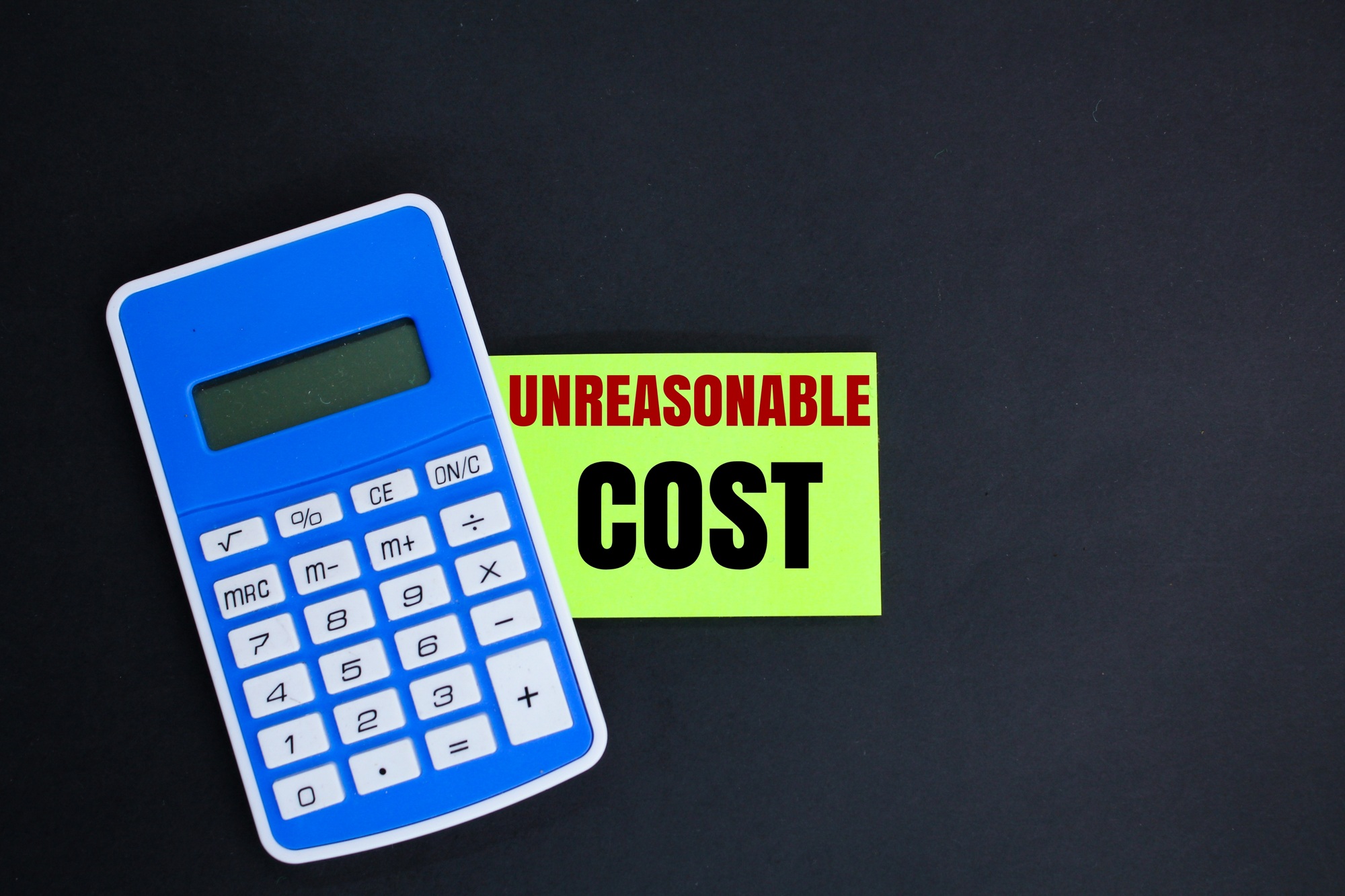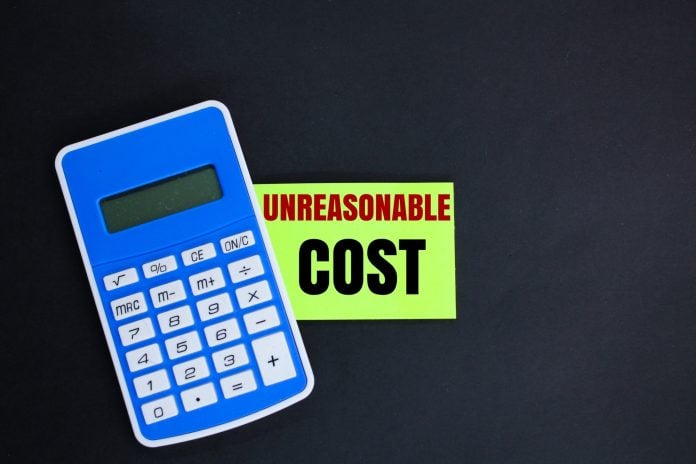Key Takeaways

- Land Acquisition Costs: The cost of securing land for a cemetery can range dramatically based on location, with rural areas being significantly cheaper than urban sites, highlighting the importance of careful site selection.
- Permits and Licenses: It’s crucial to factor in the costs of obtaining necessary permits and licenses, which can range from $500 to $10,000, ensuring your business operates legally and meets local regulations.
- Infrastructure Development: Initial expenses for establishing infrastructure, including roads and facilities, can exceed $100,000, emphasizing the need for thorough financial planning.
- Operational Expenses: Regular operational costs, including staffing and maintenance, can vary from $30,000 to $100,000 annually, making it essential to budget for ongoing labor and utility expenses.
- Marketing Investment: Allocating $2,000 to $15,000 for marketing and advertising is necessary to attract clients and establish a presence, underscoring the importance of promoting your services effectively.
- Long-term Financial Planning: Understanding both initial and ongoing costs allows for better financial management and planning, ensuring a successful startup and sustainable operation of your cemetery business.
Starting a cemetery business can be a meaningful venture, but it’s essential to understand the financial landscape before diving in. You might be drawn to this industry for its potential to provide a valuable service to your community, but the costs involved can vary widely. From land acquisition to necessary permits, the initial investment can quickly add up.
In this guide, you’ll uncover the key expenses associated with launching a cemetery business. Whether you’re considering a traditional burial site or a green cemetery, knowing what to expect financially will help you make informed decisions. Let’s explore the costs so you can plan effectively and ensure your business thrives.
Overview of Cemetery Business Costs

Starting a cemetery business involves multiple expenses that you must consider to create a successful startup. Key costs include land acquisition, necessary permits, and infrastructure developments.
Land Acquisition
Acquiring land represents one of the most significant expenses in your cemetery business. Prices vary widely based on location, size, and zoning regulations. For instance, rural land may cost $1,000 to $5,000 per acre, whereas urban areas might exceed $100,000 per acre. Securing an appropriate piece of land ensures compliance with local laws and provides accessibility for your clients.
Permits and Licenses
Obtaining permits and licenses is crucial for operating legally. You may encounter costs related to business licenses, environmental assessments, and construction permits. These fees can range from $500 to $10,000, depending on your locality. Investing in these initial fees lays a solid foundation for your business’s legitimacy.
Infrastructure Development
Developing infrastructure to support the cemetery operations also incurs costs. You may need to create roads, install facilities such as restrooms, and set up proper drainage systems. Initial infrastructure expenses can vary from $10,000 to over $100,000 depending on the scale of your operation. Planning ahead for these developments is key to effective budgeting.
Marketing and Advertising
Marketing your cemetery business effectively helps attract customers. Initial costs for creating a website, printing brochures, and local advertising can range from $2,000 to $15,000. Allocating funds for marketing ensures that prospective clients know about the services you provide.
Staff and Operational Expenses
Hiring and training staff is essential for providing a high level of service. You may incur costs related to salaries, benefits, and uniforms. Operational expenses such as utilities and maintenance also contribute to ongoing costs. Budgeting $30,000 to $100,000 annually for staff and operations helps maintain smooth operations.
By understanding these various costs, you can develop a comprehensive budget tailored to your specific needs. Strategic planning enables you to assess the financial viability of how to start a cemetery business and prepare for a successful venture.
Initial Investment Requirements

Starting a cemetery business involves several initial investment requirements that can add up quickly. Understanding these costs helps you plan effectively for your small business venture.
Land Acquisition Costs
Land acquisition presents one of the largest expenses. Finding suitable land involves engaging with local city or county government to identify potential burial sites. The preparation of this land, which includes clearing debris, leveling ground, and installing drainage or irrigation systems, costs anywhere from a few hundred dollars to several thousand dollars. Depending on the size and location, these expenses can range significantly, influencing your startup costs.
Equipment and Facility Expenses
You’ll incur costs for essential equipment and facilities. This includes purchasing equipment for maintaining the grounds, creating roads, and constructing essential facilities such as a chapel or office space. Initial infrastructure development can exceed $100,000. These expenses are critical to providing adequate services and enhancing customer attraction for your cemetery business.
By analyzing these financial components, you effectively navigate the essentials of how to start a small business focused on providing cemetery services.
Ongoing Operational Costs

Ongoing operational costs play a vital role in maintaining a successful cemetery business. Understanding these expenses ensures you can budget effectively and keep your operations smooth.
Staffing and Labor Expenses
Staffing and labor expenses form a significant part of your ongoing costs. You may need to employ groundskeepers, administrative staff, and funeral service professionals, which can total $30,000 to $100,000 annually. Considering part-time and full-time positions can help manage these costs effectively. You might also opt for seasonal workers during peak times, helping keep labor expenses aligned with demand.
Maintenance and Utility Costs
Maintenance and utility costs are essential for the upkeep of your cemetery. Regular landscaping services, equipment maintenance, and utility bills, such as water and electricity, can accumulate over time. On average, these costs can range from $5,000 to $20,000 annually. Budgeting for unexpected repairs, such as fixing roads or maintaining grave markers, further ensures your cemetery remains in excellent condition for visitors.
Additional Financial Considerations

Understanding the additional financial aspects is critical for your cemetery business startup. This section highlights essential costs beyond initial investments.
Licensing and Legal Fees
You must account for licensing and legal fees when determining your cemetery business costs. Obtaining necessary permits can range from $500 to $10,000, depending on your location and the specific requirements outlined by local authorities. Legal fees may also incur costs related to land usage and operational compliance, potentially adding thousands to your budget. Engaging a legal professional early can help ensure adherence to local regulations and streamline the licensing process.
Marketing and Advertising Costs
Marketing and advertising costs are vital for attracting customers to your business. Initial promotional expenses can range from $2,000 to $15,000. This investment covers activities such as setting up a website, creating brochures, and running local advertisements. Developing a strong online presence through social media and search engine optimization can enhance visibility and draw more clients. Planning a detailed marketing strategy can effectively position your cemetery business in the community, ensuring you reach potential customers efficiently.
Conclusion

Starting a cemetery business involves careful financial planning and a clear understanding of various costs. From land acquisition to ongoing operational expenses, each element plays a crucial role in your overall budget.
By assessing these financial factors and preparing for unexpected expenses, you can position your cemetery business for success. A well-structured budget not only helps manage costs but also ensures you provide a valuable service to your community.
With the right approach and a solid financial foundation, you can create a meaningful and sustainable business that honors the lives of those you serve.
Frequently Asked Questions
What are the key expenses involved in starting a cemetery business?
Starting a cemetery business involves several key expenses such as land acquisition, which is the highest cost, permits and licenses (ranging from $500 to $10,000), infrastructure development (potentially exceeding $100,000), and marketing costs (between $2,000 to $15,000). Additionally, you must plan for staff and operational expenses, which can range from $30,000 to $100,000 annually.
How much does land acquisition cost for a cemetery?
Land acquisition costs can vary widely based on location and zoning regulations. Expect to invest a substantial amount, which can range from a few thousand dollars for smaller plots to hundreds of thousands for larger or more desirable locations.
What are the costs related to permits and licenses for a cemetery?
Obtaining the necessary permits and licenses for a cemetery can cost between $500 to $10,000. This depends on local regulations and the specific requirements for your area, so consulting with local authorities is essential.
What are initial investment requirements for a cemetery business?
Initial investments typically include land acquisition, which is usually the largest expense, along with the costs of permits, equipment, and infrastructure development. Budgeting for these elements ensures you have adequate funds to cover startup expenses effectively.
What ongoing costs should I expect for a cemetery business?
Ongoing costs will include staffing expenses (approximately $30,000 to $100,000 annually), maintenance and utility costs (roughly $5,000 to $20,000 each year), and unexpected repairs. These costs are vital for maintaining the cemetery’s condition and service quality.
How important is marketing for a cemetery business?
Marketing is crucial for attracting customers to your cemetery. Initial costs can range from $2,000 to $15,000. Effective strategies may include building a website, local advertising, and community outreach to enhance visibility and establish your business’s presence.
Should I consider legal fees when starting a cemetery?
Yes, legal fees related to licensing and compliance can add significant expenses to your budget. Engaging a legal professional early in the process will help streamline the requirements and ensure you’re meeting all local regulations.
How can I budget for unexpected repairs in a cemetery?
It’s wise to include a contingency fund in your budget for unexpected repairs. By setting aside funds specifically for maintenance and emergency repairs, you can ensure that the cemetery remains well-maintained and can address any unforeseen issues promptly.
Image Via Envato



